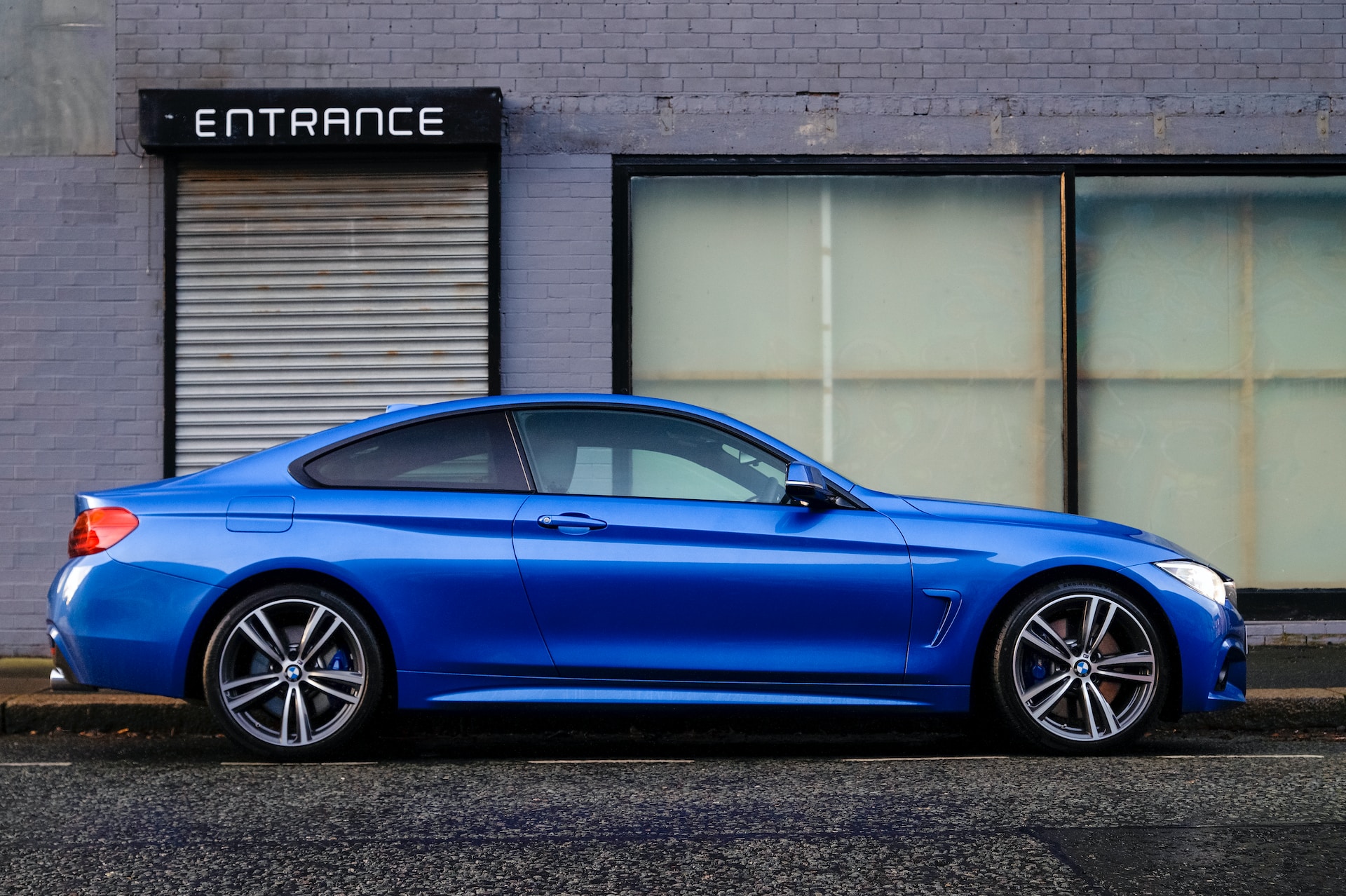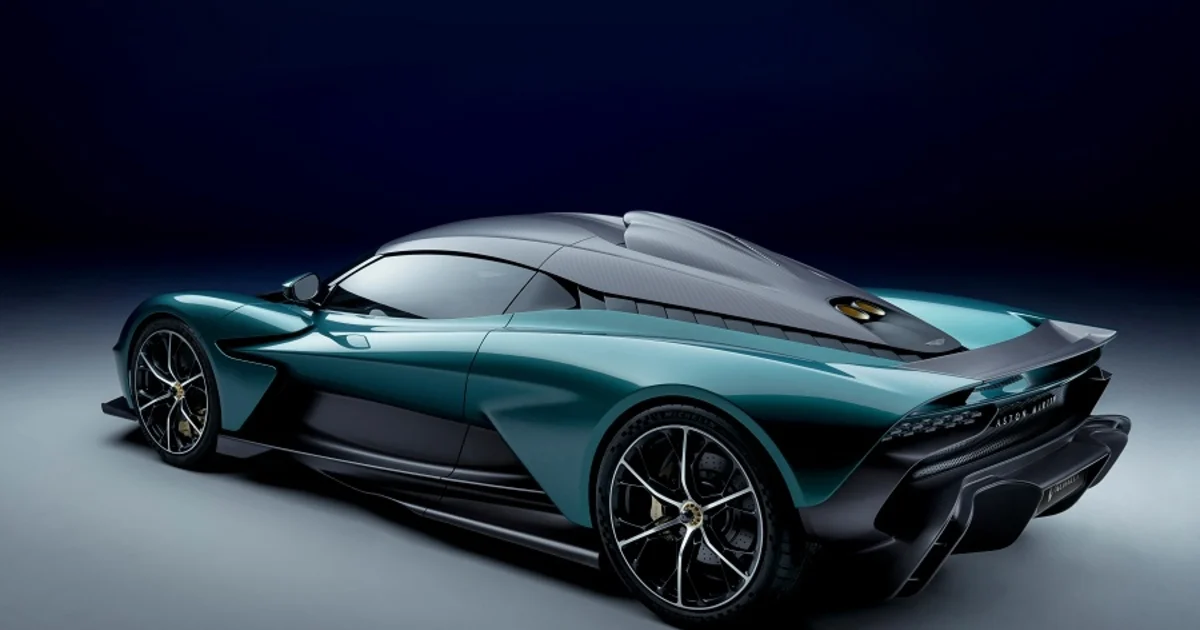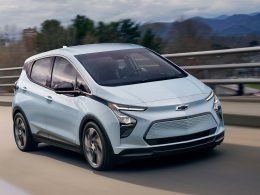Electric airplanes have been around for a while, but they were limited in their capabilities due to battery technology. However, advancements in battery technology have made electric aviation more feasible. Lithium-ion batteries, which are used in electric cars and smartphones, are being tested and improved for use in aircraft.
One of the pioneers of electric aviation is Airbus, which has been working on an electric aircraft called the E-Fan X. The E-Fan X is a hybrid-electric plane that has been developed in partnership with Rolls-Royce and Siemens. The plane uses a gas turbine to generate electricity, which is then used to power the electric motors that drive the propellers. The E-Fan X is designed to carry up to 100 passengers and could be used for short-haul flights.
Another company working on electric airplanes is Eviation Aircraft. Eviation’s Alice is a fully electric aircraft that can carry up to nine passengers and has a range of 620 miles. The plane is powered by a 900-kilowatt motor and a battery pack that can be recharged in one hour. Alice is designed to be used for regional air travel and could be used to connect small airports that are not currently served by commercial airlines.
Electric airplanes have several advantages over traditional aircraft. They are quieter and produce zero emissions, which makes them environmentally friendly. They are also cheaper to operate and maintain, which could make air travel more affordable. Additionally, electric airplanes are more efficient than traditional aircraft, which means they can travel further on less fuel.
However, electric airplanes still face several challenges. Battery technology needs to continue to improve to make long-haul flights possible. Additionally, there is currently a lack of infrastructure to support electric aviation. Airports will need to install charging stations for electric planes, and the electrical grid will need to be upgraded to handle the increased demand.
Despite these challenges, the future of electric airplanes looks promising. Several companies are working on electric aircraft, and battery technology is improving at a rapid pace. As electric airplanes become more common, air travel could become more sustainable and affordable.











